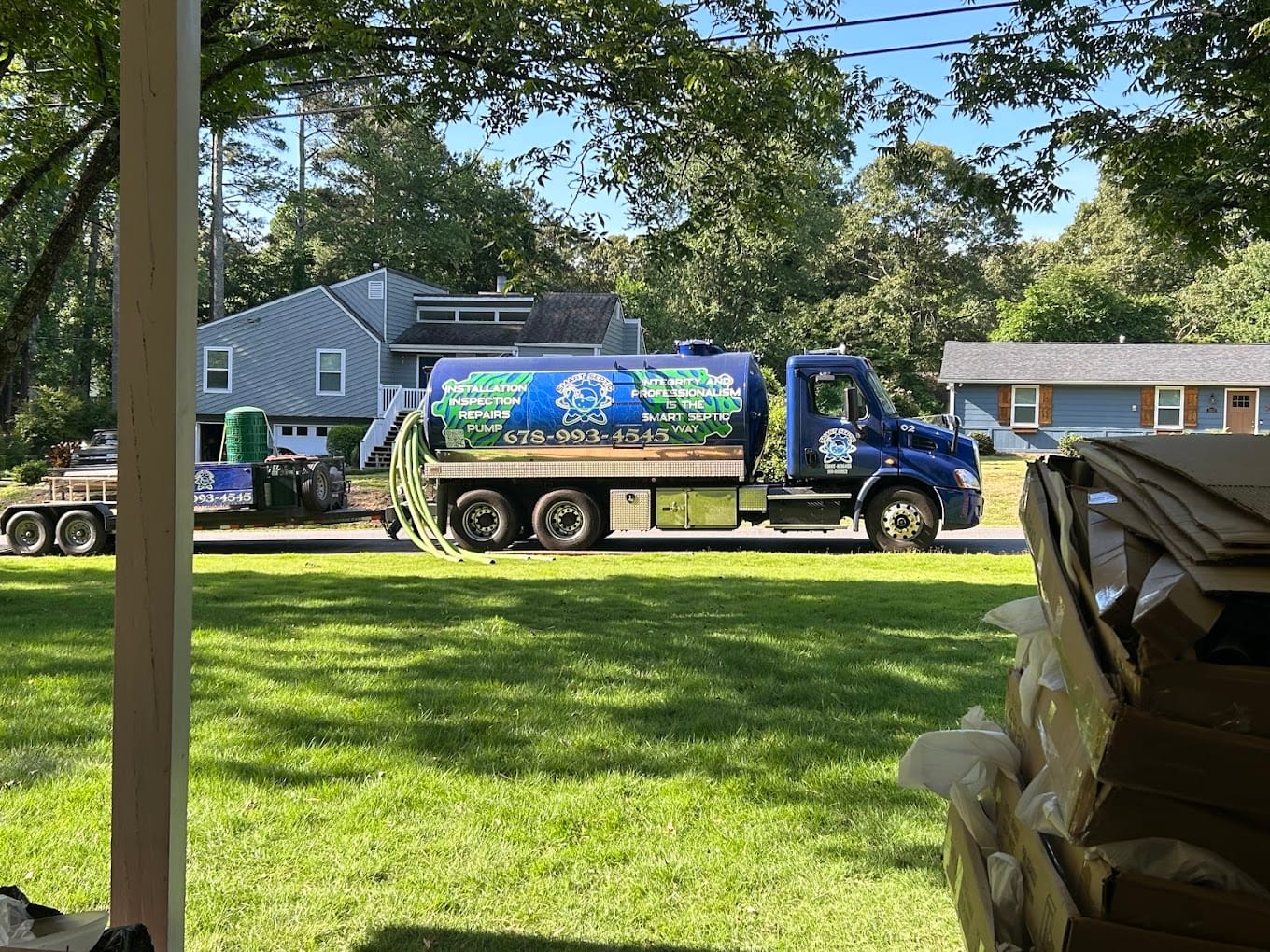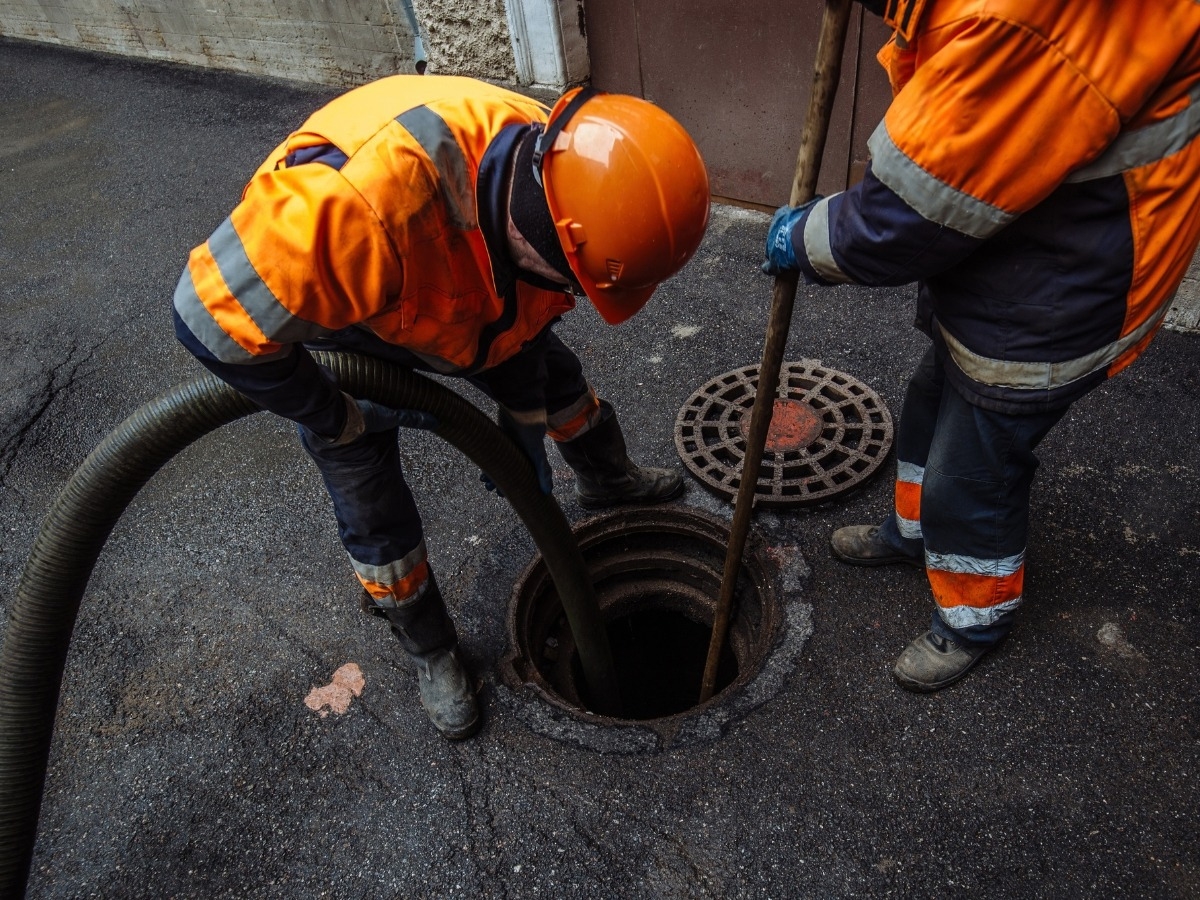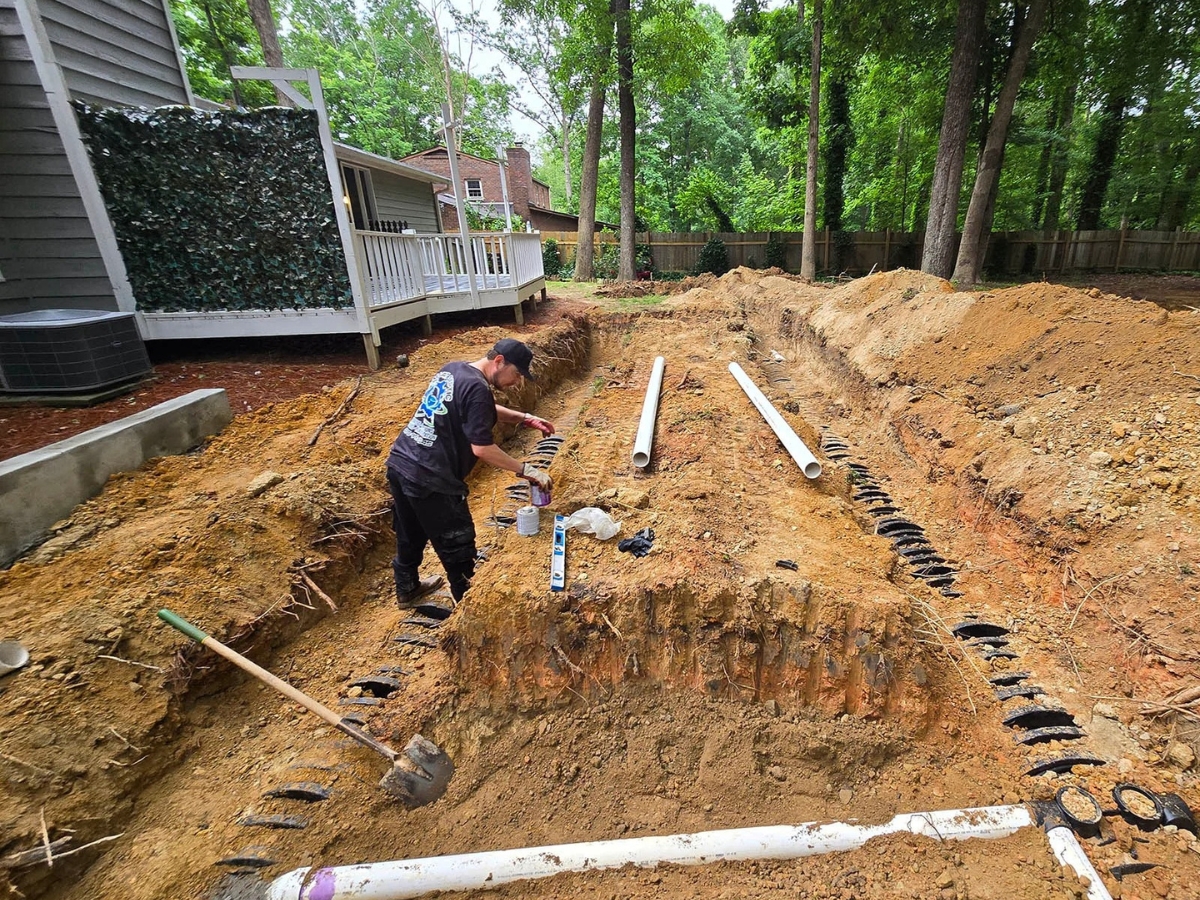When it comes to maintaining a healthy home, understanding the costs associated with residential septic cleaning is essential. Smart Septic Pros is here to guide homeowners through the ins and outs of these services, from septic tank inspections to septic tank installation and maintenance of septic drain fields.
Ensuring your system works effectively not only keeps your family safe but also protects your property investment. Planning for your septic needs can save you money in the long run. Keep reading to discover how various factors influence septic cleaning prices, additional expenses to consider, and tips for maximizing your budget!
Key Residential Septic Cleaning Takeaways
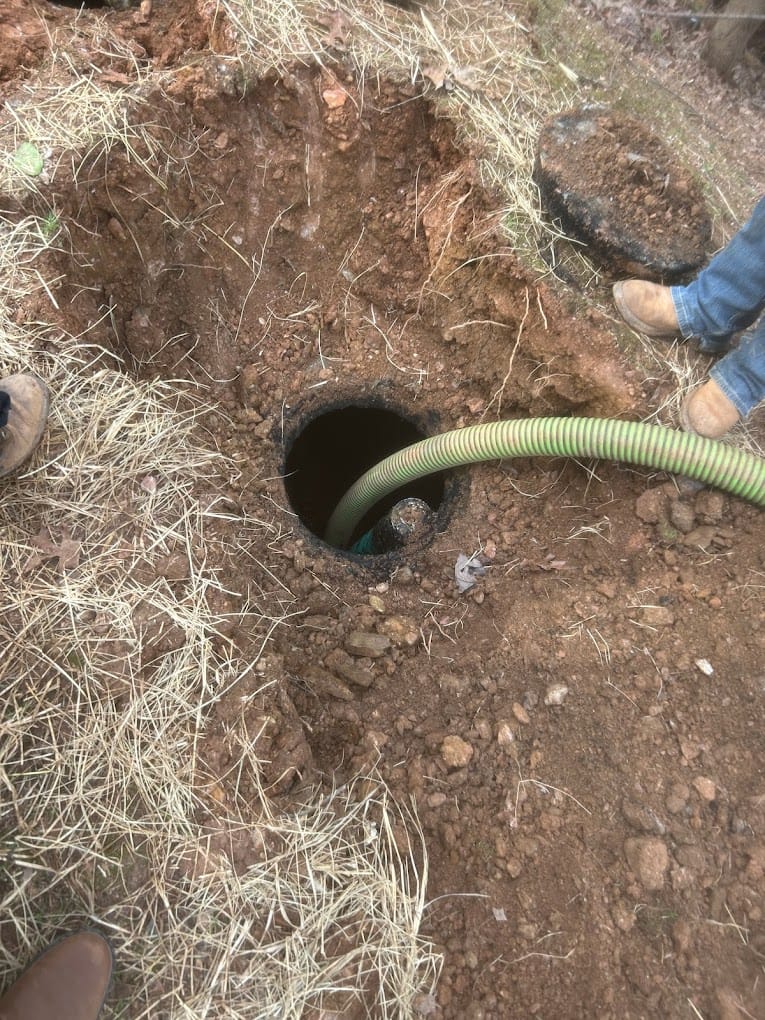
Breaking Down Residential Septic Cleaning Costs
Understanding the costs associated with residential septic cleaning can be tricky. Evaluating average price ranges gives homeowners a clearer picture of what to expect when it comes time for septic tank inspections. Several factors influence total cleaning expenses, such as the size of the septic system, accessibility, and the condition of the property.
It’s essential to break down costs further, considering aspects like frequency of cleaning and additional services septic tank installation. Moreover, having a clean system ensures that solid waste and wastewater efficiently flow away from the home septic drain fields and into the septic tank, avoiding costly issues in the long run.
Remember, even seemingly unrelated items, such as determinants of feminine hygiene and contact Smart Septic Pros sink usage, can have their own impacts on a system’s performance, thus affecting costs indirectly.
Evaluating Average Price Ranges
When it comes to evaluating average price ranges for residential septic cleaning, homeowners in areas like Georgia and Atlanta can expect variations based on their specific circumstances. Prices often reflect the condition of the soil and the level of soil compaction, which can affect how easily professionals can access the septic system.
Additionally, the local regulations concerning groundwater protection may also play a role in determining service costs.
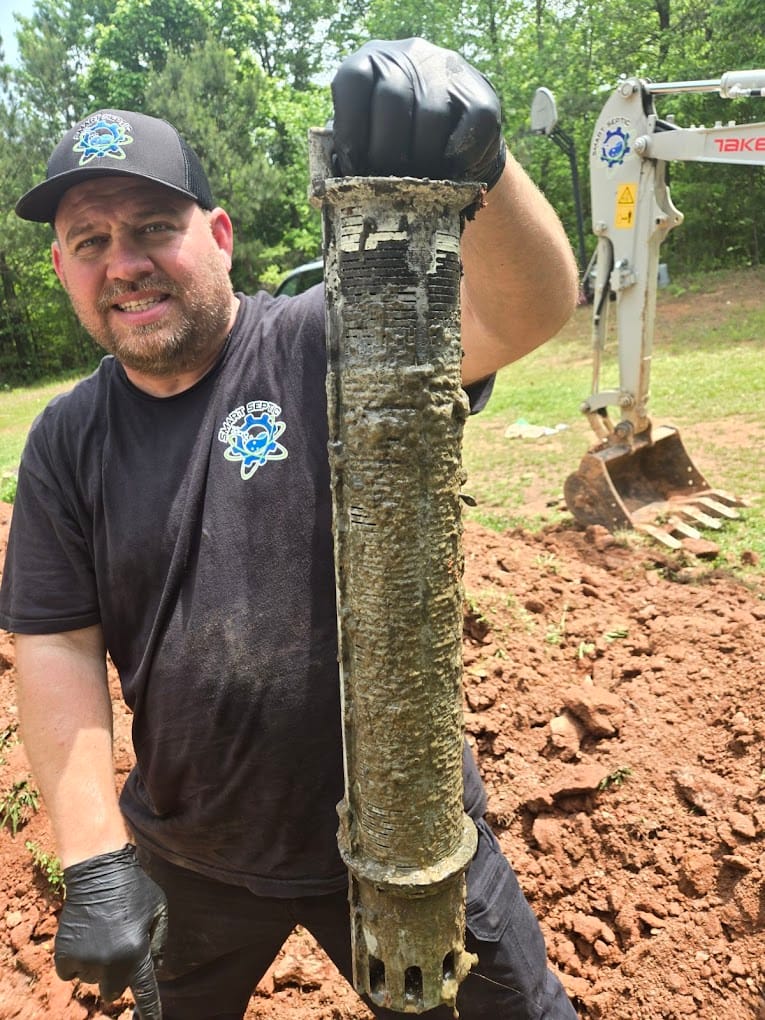
Factors Influencing Total Cleaning Expenses
Several key factors influence the total expenses related to septic cleaning services. For instance, if a home has multiple showers or bathrooms, the complexity of the piping system may increase, requiring more effort to pump the septic tank.
Additionally, the age and condition of the septic tank contribute to the overall costs; older systems might need more frequent pumping and maintenance, driving up expenses.
Other important aspects include accessibility. If the septic tank is hard to reach, the service provider will need to invest more time and resources to pump the septic tank. This situation can lead to higher charges, as extra equipment or labor may be necessary to get the job done.
| Factor | Impact on Costs |
|---|---|
| System Size | Larger systems require more cleaning and potential pumping. |
| Accessibility | Restricted access can increase labor and equipment costs. |
| Age of System | Older systems often need more frequent pumping and repairs. |
| Drainage Issues | Poor drainage may necessitate additional tasks and expenses. |
Understanding the Cost Breakdown
Understanding the cost breakdown for septic cleaning in Georgia involves several key elements that homeowners should keep in mind. Fees can vary based on the number of gallons in the tank and the condition of the septic drain field. Additionally, factors such as potential backflow issues may add extra costs to the overall service.
Calculating these costs accurately typically depends on how well the system has been maintained over time. Regular inspections and cleaning can prevent complications, helping to avoid larger repair expenses down the line.
| Factor | Impact on Costs |
|---|---|
| System Size (Gallons) | Higher volume systems may lead to increased pumping fees. |
| Septic Drain Field Condition | Poorly maintained fields can incur higher repair costs. |
| Backflow Potential | Issues may require additional services or equipment. |
| Geography (Kansas) | Local market rates influence overall pricing. |
Understanding the costs of residential septic cleaning is just the beginning. Now, let’s uncover the key factors that influence those prices and what you can expect!
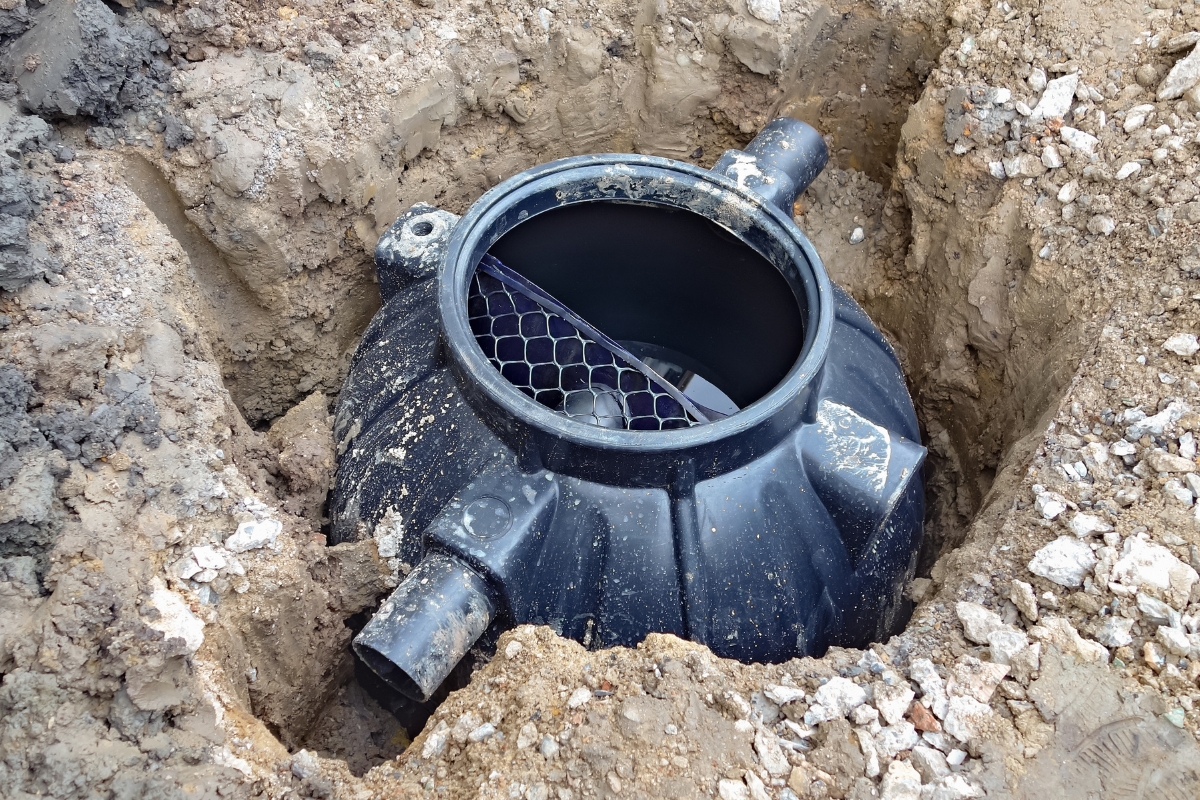
Key Factors That Affect Septic Cleaning Prices
Several factors come into play when determining residential septic cleaning prices, and understanding these can help homeowners plan better. The size of the septic tank significantly affects overall costs, as larger tanks generally require more time and resources to clean. Additionally, how often a system is used can influence the frequency of cleaning, with more active systems needing attention more regularly.
The complexity of the cleaning process also matters; systems that have intricate filtration setups or are difficult to access may demand specialized equipment or extended labor, raising the cost. Homeowners should keep these aspects in mind, especially when considering warranty options offered by service providers, as these can impact long-term maintenance decisions.
Tank Size and Its Impact on Cost
The size of a septic tank plays a significant role in determining the cost of septic service. Larger tanks typically require more time and resources for pumping, directly influencing expenses. As homeowners evaluate prices, they should also consider their local cost of living, which can affect service rates and the quality of drain cleaner options available, including the reliability of companies that are members of the Better Business Bureau.
How System Usage Influences Cleaning Frequency
The frequency of septic cleaning largely hinges on how often the system is used. Households with multiple occupants or those that run a commercial kitchen—complete with a grease trap—will likely find their tank filling up faster, necessitating more regular maintenance.
Homeowners should also consider their zip code, as average costs can vary by location, and utilizing enzyme additives can help manage waste, potentially affecting how often cleaning is needed.
The Role of Cleaning Process Complexity
The complexity of the cleaning process directly affects the costs associated with residential septic services. Systems that have intricate setups or experience issues like contamination may require more thorough methods and additional labor. Homeowners can visit resources like HomeAdvisor for FAQs that address how frequency of service can also be influenced by the amount of sludge buildup in the tank, further impacting overall expenses.
When considering septic cleaning, being aware of key factors is just the beginning. As costs unfold, it’s time to uncover the additional expenses that can impact your overall septic tank experience.
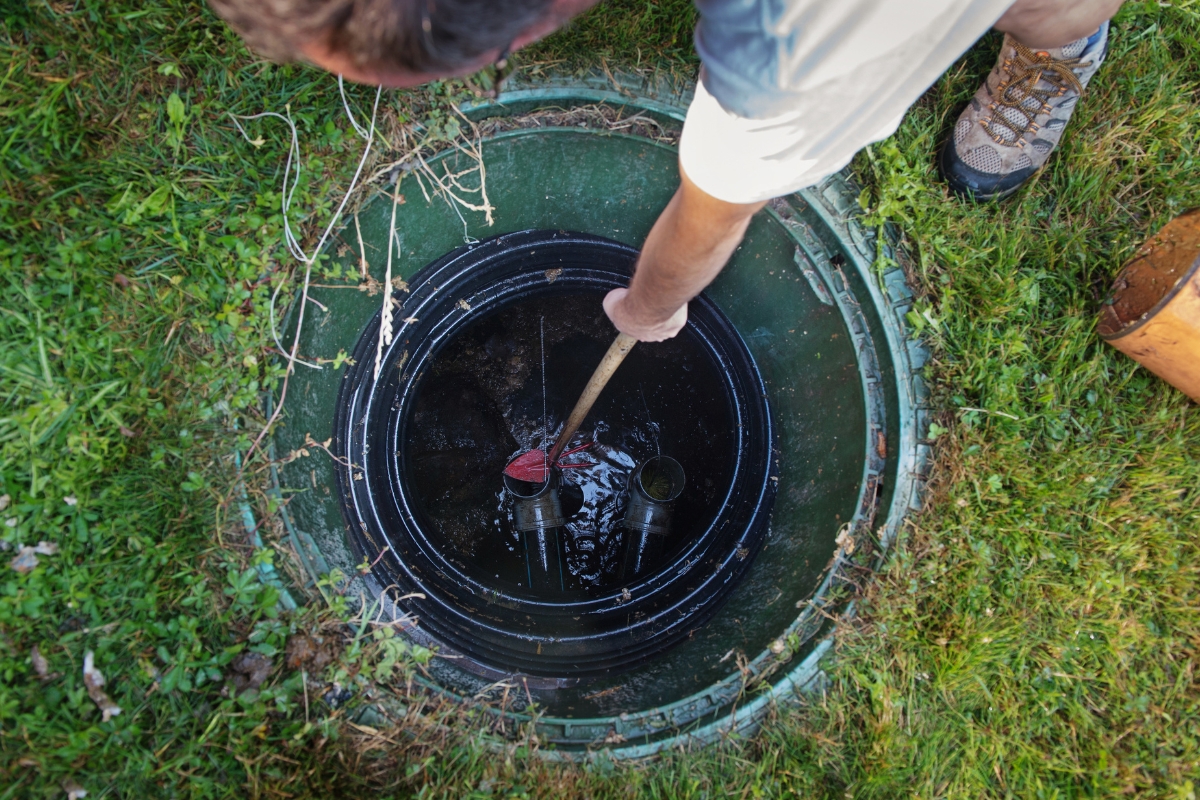
Additional Expenses in Septic Tank Cleaning
Additional expenses can crop up during septic tank cleaning, impacting the overall price. Homeowners should be aware that repairing damaged components might become necessary as systems age or if they haven’t been properly maintained. These repairs can involve everything from fixing leaks to replacing parts that have succumbed to wear and tear.
Furthermore, the costs associated with regular septic tank maintenance shouldn’t be overlooked. Proper upkeep helps manage the bacteria crucial for breaking down waste, ensuring that effluent flows smoothly without causing odor issues.
Lastly, unforeseen problems—like sediment buildup or unexpected backflow—can lead to higher costs, making it essential to stay on top of maintenance to avoid larger bills in the long run.
Repairing Damaged Components
Homeowners should be prepared for potential repairs while tackling septic tank cleaning. Issues such as damaged components often arise from neglect or age, requiring septic tank repair to ensure proper function. Regular drain cleaning and attention to the sump pump can prevent more extensive home improvement projects down the line.
| Component | Repair Type | Expected Cost Range |
|---|---|---|
| Septic Tank | Crack Repairs | $300 – $1,500 |
| Drain Field | Replacement | $1,500 – $5,000 |
| Sump Pump | Installation | $500 – $1,200 |
Costs Associated With Septic Tank Maintenance
Regular maintenance of a septic system is essential for ensuring proper hygiene and preventing sewage issues. Homeowners in Georgia should consider the costs involved, which can include inspections, cleaning, and minor repairs to keep everything functioning smoothly. Without proper care, construction of more extensive repairs could become necessary, leading to unexpected expenses.
Here are some common costs associated with septic tank maintenance:
| Maintenance Service | Cost Range |
|---|---|
| Routine Inspection | $100 – $300 |
| Tank Pumping | $250 – $500 |
| Minor Repairs | $150 – $800 |
Unforeseen Issues Leading to Higher Costs
Unforeseen issues can easily lead to higher costs when it comes to septic tank cleaning. For instance, if an inspection reveals a clog in the system, homeowners may face additional expenses for services like septic tank pumping to clear the blockage. Furthermore, complications with liquid levels in the tank can hinder sewage treatment processes, necessitating more frequent maintenance and repairs.
No one wants to break the bank on septic tank cleaning, but smart choices can keep those expenses in check. Let’s dive into some practical tips to help save money while keeping your system running smoothly!
How to Economize on Septic Tank Cleaning
When considering ways to save on septic tank cleaning costs, homeowners can focus on a few practical approaches. One effective strategy involves opting for regular maintenance to help prevent larger repairs down the line. By staying on top of the system’s health, costly issues can often be avoided.
Another smart move is comparing quotes from different service providers, as this allows homeowners to find competitive prices in the Atlanta area, ensuring they receive quality service without overspending. Additionally, efficient water use can lead to long-term savings on maintenance and pumping costs, as proper drainage practices minimize the burden on the septic system. Each of these strategies contributes to managing expenses effectively while maintaining a healthy septic system.
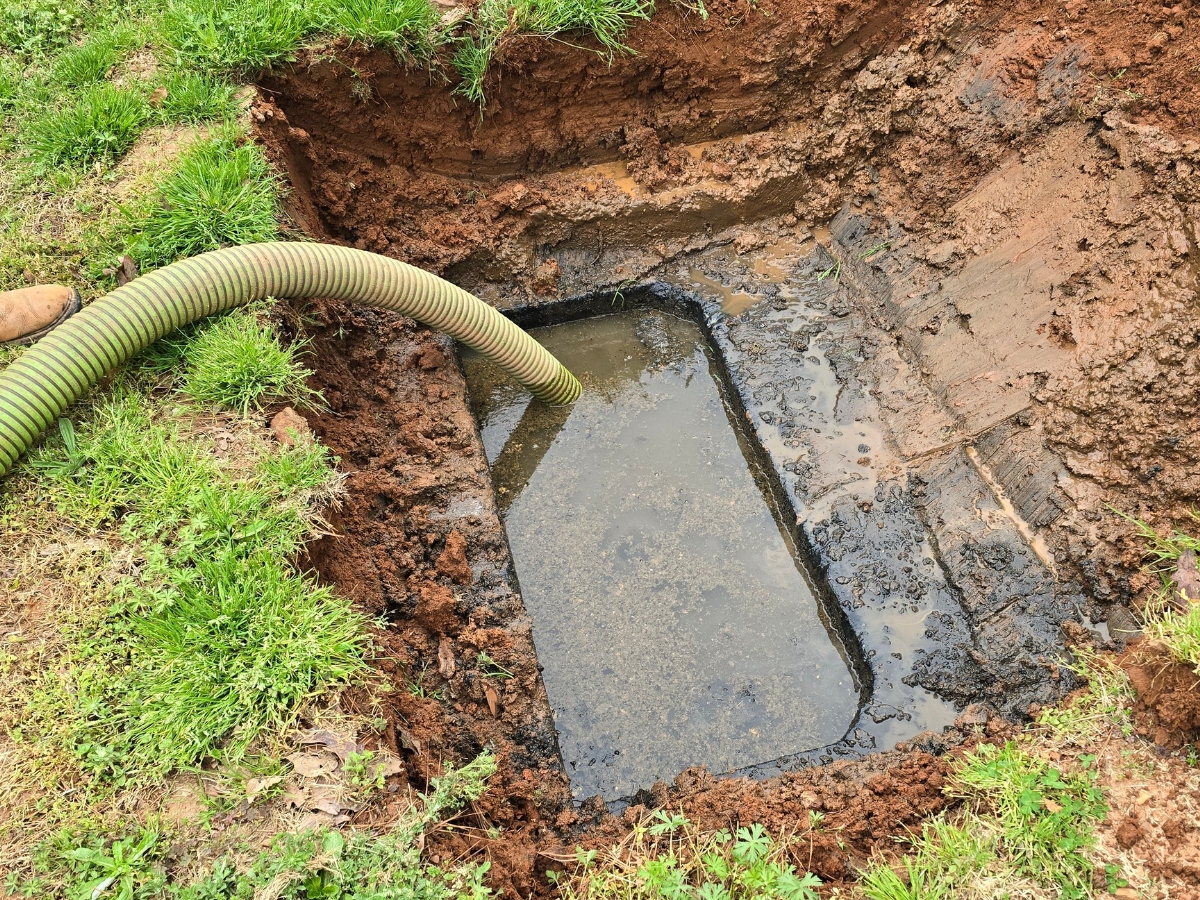
Opting for Regular Maintenance to Avoid Big Repairs
Regular maintenance for a septic tank can save homeowners from expensive repairs later on. By scheduling routine inspections and cleanings, homeowners can catch small issues before they escalate into costly problems. This proactive approach not only keeps the system running efficiently but also prolongs its lifespan.
Here are some ways regular maintenance can keep costs down:
| Maintenance Activity | Benefits |
|---|---|
| Regular Inspections | Identify problems early, reducing repair costs. |
| Routine Pumping | Prevents sludge buildup and backups, improving function. |
| Minor Repairs | Address small issues before they become major expenses. |
Comparing Quotes From Different Service Providers
Homeowners should take the time to compare quotes from various septic service providers. Different companies may offer distinct pricing and service packages, so gathering several quotes can help identify the best deal. By reviewing these options, homeowners can ensure they are selecting a reliable provider that meets their needs at a fair price.
Looking for pricing transparency is a smart move as well. Understanding what each company includes in their quote will enable homeowners to make informed decisions, ensuring they receive valuable services without hidden fees:
- Request estimates from multiple companies.
- Check if services offered are comparable.
- Look for reviews and ratings to gauge reliability.
Long-Term Savings With Efficient Water Use
Homeowners can enjoy significant long-term savings on septic tank maintenance by managing their water usage wisely. By making small changes, like fixing leaks and using water-efficient appliances, they can reduce the overall strain on their septic system. Less water usage means less frequent pumping and maintenance, ultimately saving both money and hassle in the future.
Finding ways to save on septic tank cleaning is just the beginning. As you weigh your options, asking the right questions can make all the difference in getting the best service possible.
Questions to Ask Your Septic Cleaning Service Provider

When working with a septic cleaning service providers, homeowners should feel empowered to ask questions that clarify what they can expect. Inquiring about service inclusions ensures that there are no surprises on the bill and helps homeowners understand exactly what services they are paying for.
It’s also wise to understand the scope of any post-cleaning support, as this can be crucial for addressing any immediate follow-up needs. Lastly, clarifying warranty or guarantees offered by the service provider can provide peace of mind and assurance that the job will be done right, keeping the system running smoothly for years to come.
Inquiring About Service Inclusions
Homeowners should take the initiative to ask their septic cleaning service about what is included in the quoted price. Understanding which specific tasks are covered can help avoid unexpected fees down the road. This clarity ensures that homeowners know exactly what to expect during the service and whether additional work may be required later.
Understanding the Scope of Post-Cleaning Support
Homeowners should clarify the type of post-cleaning support offered by their septic service provider. Knowing what kind of follow-up assistance is available can make all the difference in maintaining system health. Whether it’s advice on future maintenance or help with any unexpected issues that arise, understanding these services ensures homeowners are well-prepared for the long haul.
Clarifying Warranty or Guarantees Offered
When hiring a septic cleaning service, homeowners should make it a priority to clarify what warranty or guarantees are included. Understanding these commitments can help ensure that any future issues will be covered, offering peace of mind regarding the investment made in the service. It’s beneficial for homeowners to ask specifically what types of problems are addressed under the warranty, as this can provide protection for unexpected complications that may arise after the cleaning is completed.
As homeowners think about their septic systems, planning for future maintenance becomes essential. Smart Septic Pros is ready to help ensure your system stays in top condition, saving you time and money down the road!
Planning for Future Residential Septic Cleaning

Planning for future residential septic cleaning involves several practical steps. Homeowners should estimate their next cleaning session based on the system’s usage, ensuring they address needs before issues arise.
- Setting aside a budget for unexpected repairs is wise, as these can pop up when least expected.
- Keeping track of maintenance schedules helps homeowners stay organized and proactive, making it easier to keep the system in good shape.
These strategies not only aid in efficient management but also contribute to the longevity of the septic system.
Estimating the Next Cleaning Session Based on Usage
Homeowners should keep a close eye on their septic system usage to properly estimate when the next cleaning session should take place. By tracking household water usage and the number of occupants, they can get a clearer idea of how quickly the septic tank fills. Regularly checking the system’s performance can help catch any rising issues before they become costly problems.
| Usage Factor | Impact on Cleaning Frequency |
|---|---|
| Number of Occupants | More people typically means higher water usage and more waste. |
| Water Usage Habits | Frequent laundry and baths can contribute to filling the tank faster. |
| Type of Household Activities | Activities like running a home business can drastically increase usage. |
Establishing a cleaning schedule based on these factors can save both hassle and money in the long run:
Setting Aside a Budget for Unexpected Repairs
Homeowners need to be proactive about budgeting for unexpected septic repairs. Having a financial cushion for surprises can relieve stress when issues arise, ensuring that repairs can be addressed swiftly without strain. This approach helps maintain the system’s overall health while preventing larger, more costly problems in the future.
Keeping Track of Maintenance Schedules
Keeping a close watch on maintenance schedules is essential for homeowners looking to maintain their septic systems effectively. It allows them to anticipate necessary services well in advance, minimizing the risk of unexpected challenges and costly repairs. A simple log or calendar can greatly assist in tracking important dates for inspections and cleanings.
| Task | Frequency | Next Scheduled Date |
|---|---|---|
| Septic Tank Inspection | Annually | July 15, 2024 |
| Tank Pumping | Every 3-5 years | Next due: June 30, 2025 |
| Minor Repairs | As needed | Check quarterly |
Avoid High Septic Cleaning Costs with Smart Septic Pros
Understanding residential septic cleaning costs is crucial for homeowners. It helps them prepare for routine maintenance and avoid unexpected expenses down the road. By considering factors like tank size, usage frequency, and accessibility, they can make informed decisions. Staying proactive ensures a healthy septic system and saves money in the long run.
Ensure your residential septic system remains in top condition by contacting Smart Septic Pros for professional tank cleaning services. With our expertise, you can trust us to clean your tank, maintaining its efficiency and longevity effectively. Don’t overlook the importance of regular maintenance to avoid costly repairs in the future. Benefit from our reliable services and keep your septic system running smoothly.
